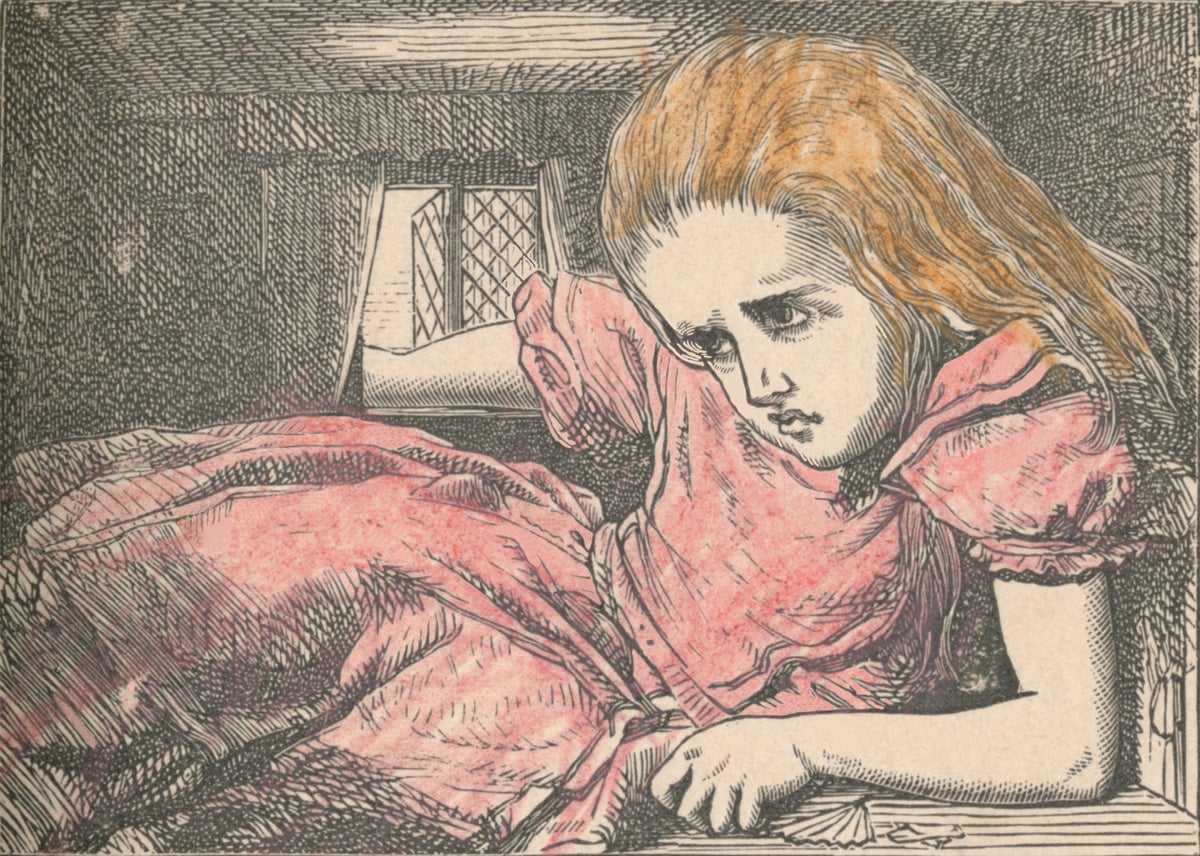
How Rare ‘Alice in Wonderland Syndrome’ Warps Reality
Researchers are learning what causes Alice in Wonderland syndrome, a rare neurological condition that can appear to warp bodies, time and reality itself
When Lene was a child, she took comfort in a strange nighttime routine. While lying in bed just before she fell asleep, her bedroom would begin to warp, and her body would do so along with it. The far wall would stretch away from her head, her legs lengthening to meet it until she felt like she could touch the door with her toe if she tried. And all the while, it seemed as if she was floating in the corner, observing her distorted body.
“The first time I was very scared,” Lene says, recalling she was between seven and nine years old at the time. “I didn’t tell anyone, because if I told my mom, she would just say, ‘Eh, it’s nothing.’” She recalls that the episodes began happening every night, and eventually they became somewhat comforting. By adolescence, they had stopped, and she largely forgot about them.
Then, a few years ago, Lene, now age 59, learned that her experience had a name. She was at a hospital in Denmark where she works as a secretary in the neurology department. During a meeting where she was taking notes, a neurologist mentioned a patient with something called Alice in Wonderland syndrome. Intrigued, Lene did some research on Google, where she immediately recognized her own experience.



















